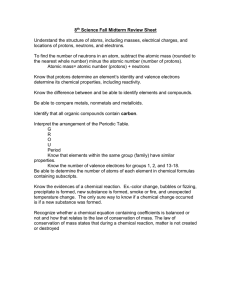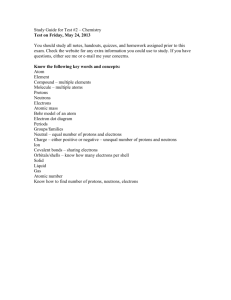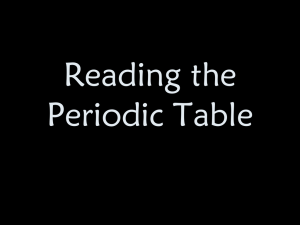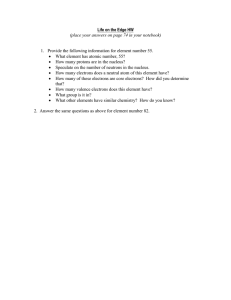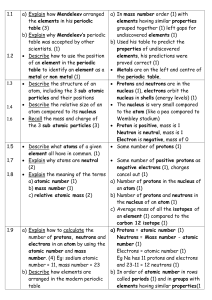Binder Check #1- Q1 Midterm review
advertisement
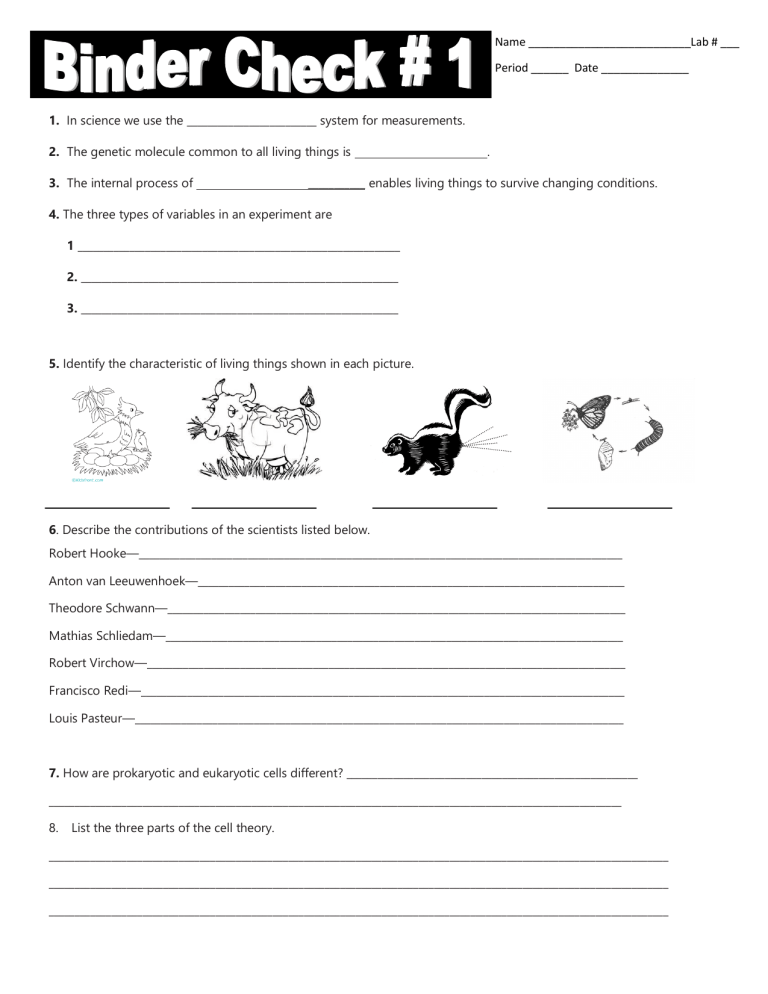
Name __________________________Lab # ___ Period ______ Date ______________ 1. In science we use the _________________________ system for measurements. 2. The genetic molecule common to all living things is 3. The internal process of . ___________ enables living things to survive changing conditions. 4. The three types of variables in an experiment are 1 ______________________________________________________________ 2. _____________________________________________________________ 3. _____________________________________________________________ 5. Identify the characteristic of living things shown in each picture. 6. Describe the contributions of the scientists listed below. Robert Hooke—_____________________________________________________________________________________________ Anton van Leeuwenhoek—__________________________________________________________________________________ Theodore Schwann—________________________________________________________________________________________ Mathias Schliedam—________________________________________________________________________________________ Robert Virchow—____________________________________________________________________________________________ Francisco Redi—_____________________________________________________________________________________________ Louis Pasteur—______________________________________________________________________________________________ 7. How are prokaryotic and eukaryotic cells different? ________________________________________________________ ______________________________________________________________________________________________________________ 8. List the three parts of the cell theory. _______________________________________________________________________________________________________________________ _______________________________________________________________________________________________________________________ _______________________________________________________________________________________________________________________ 9. A molecule that has electrically charged ends if called a ____________________ molecule. 10. _____________________________ _____________________ describes how water moves against gravity and can travel up a plants roots into its stem and leaves. 11. _________________________ _______________________ describes how the surface of water acts like a skin and seals up quickly after being disturbed. This allows water striders and Jesus Christ lizard to appear to “walk” on water. 12. ____________________________ is the property of water that causes water molecules to “stick” to each other. 13. ____________________________ is the property of water that causes water molecules to “stick” to other substances. Ex. Glass of water sweats and sticks to a coaster 14. A mixture forms when one substance, the _______________________, dissolves into the solvent. The property that describes the “dissolving” ability of water is_________________________________________________________________. 15. __________________ _____________________ ______________ describes the capacity of water to hold on to its heat. 16. Label the elements in the water molecules. Show which element would be positive and which would be negative. 17. Complete the chart describing the parts of an atom. Protons Neutrons Electrons Charge Location in the atom Responsible for the atoms_____ 18. Use the periodic chart to complete the following Chlorine’s Sodium’s Atomic Number ________ Bohr model of Chlorine Atomic Number ________ Atomic Mass ________ Atomic Mass ________ Protons ________ Protons ________ Neutrons ________ Neutrons ________ Electrons _________ Electrons _________ Valence Electrons ________ Bohr model of Chlorine Valence Electrons ________ 19. What is an isotope? ___________________________________________________________________________________________ 20. What is the purpose of a lab? _________________________________________________________________________________

